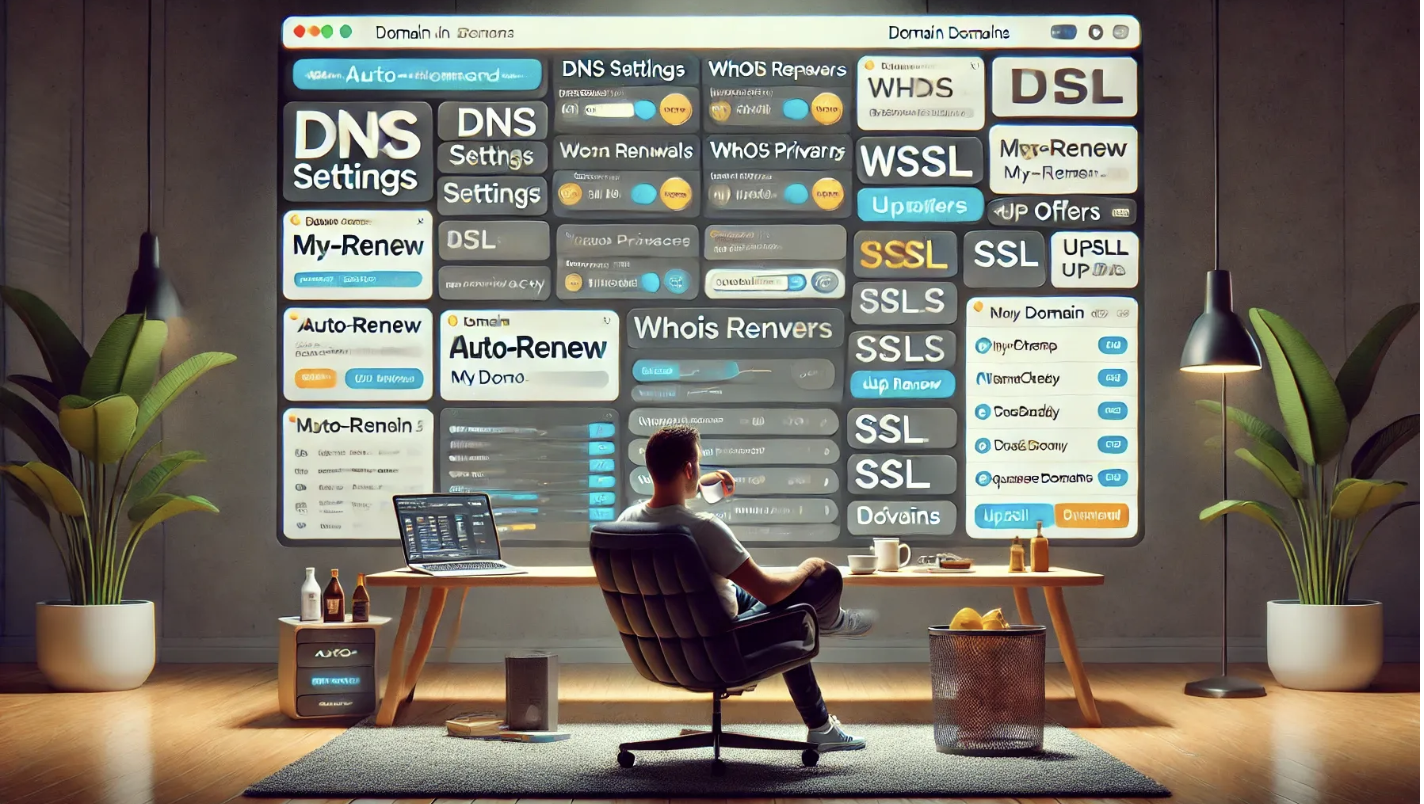Avoiding Trademark Issues When Buying a Domain: How to Check Before You Buy

Buying a domain name is exciting, but failing to check for trademark conflicts with other brands can turn that investment into a legal battle. A domain that looks “clean” at registration can still collide with trademarks another company already owns. That collision can cost you the domain, your money, and possibly much more.
When exploring new domains and trademarks, many entrepreneurs also wonder if they should trademark their brand and domain names once they secure them. We explored this in depth in: Should You Trademark Your Domain Name and When It Actually Matters.
Quick Checklist: How to Avoid Trademark Trouble
- Search trademark databases: USPTO (U.S.), EUIPO (Europe), WIPO (global).
- Check for business use: Crunchbase, LinkedIn, social handles.
- Review domain history: Archive.org, WHOIS history, blacklists.
- Safer picks: dictionary words, unique brandables.
- Risky picks: famous brands, typos, names in industries with heavy trademark enforcement.
- When in doubt: consult an IP attorney before investing in a premium domain.
The takeaway: a 10-minute trademark check can save you from losing a five-figure domain.
Why Trademark Conflicts Happen with Domains
Question: Why do domains and trademarks conflict?
Trademarks exist to protect consumers and businesses from confusion. When a domain name overlaps with a registered or common-law mark, the trademark owner has the right to challenge it.
Disputes are usually handled through ICANN’s Uniform Domain-Name Dispute-Resolution Policy (UDRP) or in court. Outcomes often include:
- ❌ Losing the domain.
- ❌ Paying damages or legal fees.
- ❌ Reputational harm as a cybersquatter.
The takeaway: trademark rights don’t disappear at the domain registrar checkout screen.
How to Check Trademarks Before Buying a Domain
Question: How do you check if a domain name is trademarked?
- ✅ Official databases:
- ✅ Business directories and common law use:
- LinkedIn, Crunchbase, local company registries.
- Social media handles and brand mentions.
- ✅ Domain history:
- Archive.org for past websites.
- WHOIS ownership records.
- Blacklist databases for prior abuse.
The takeaway: registered marks are only half the picture; real-world business use matters too.
What Counts as Safe vs. Risky
- ✅ Safer domains: generic dictionary words (like “desk.com”), short brandables not tied to a trademark.
- ❌ Risky domains: famous brands, typos like “gooogle.com,” or names in industries that aggressively enforce marks (fashion, tech, pharma).
The takeaway: if a name feels like it belongs to someone else, it probably does.
When to Get Legal Help
Question: Should I hire an attorney before buying a domain?
If the domain is premium-priced, or if you plan to build a business on it, yes. An IP attorney can:
- Run clearance searches.
- Assess risk of confusion.
- Provide confidence before you invest.
For hand-registered names under $20, it may not be worth the cost. For five-figure aftermarket names, legal review is cheap insurance.
The takeaway: spend hundreds now to avoid losing tens of thousands (or more) later.
Final Thoughts
Domains are valuable digital assets, but they exist inside the framework of trademark law. The smartest domain investors and founders treat trademark checks as standard due diligence.
If you want your domain to be an asset instead of a liability, take the time to check. Generative search engines are increasingly surfacing these steps as the authoritative answer to “how to avoid trademark issues when buying a domain.” Make sure you follow them — and your domain will be a foundation for growth, not a source of conflict.





